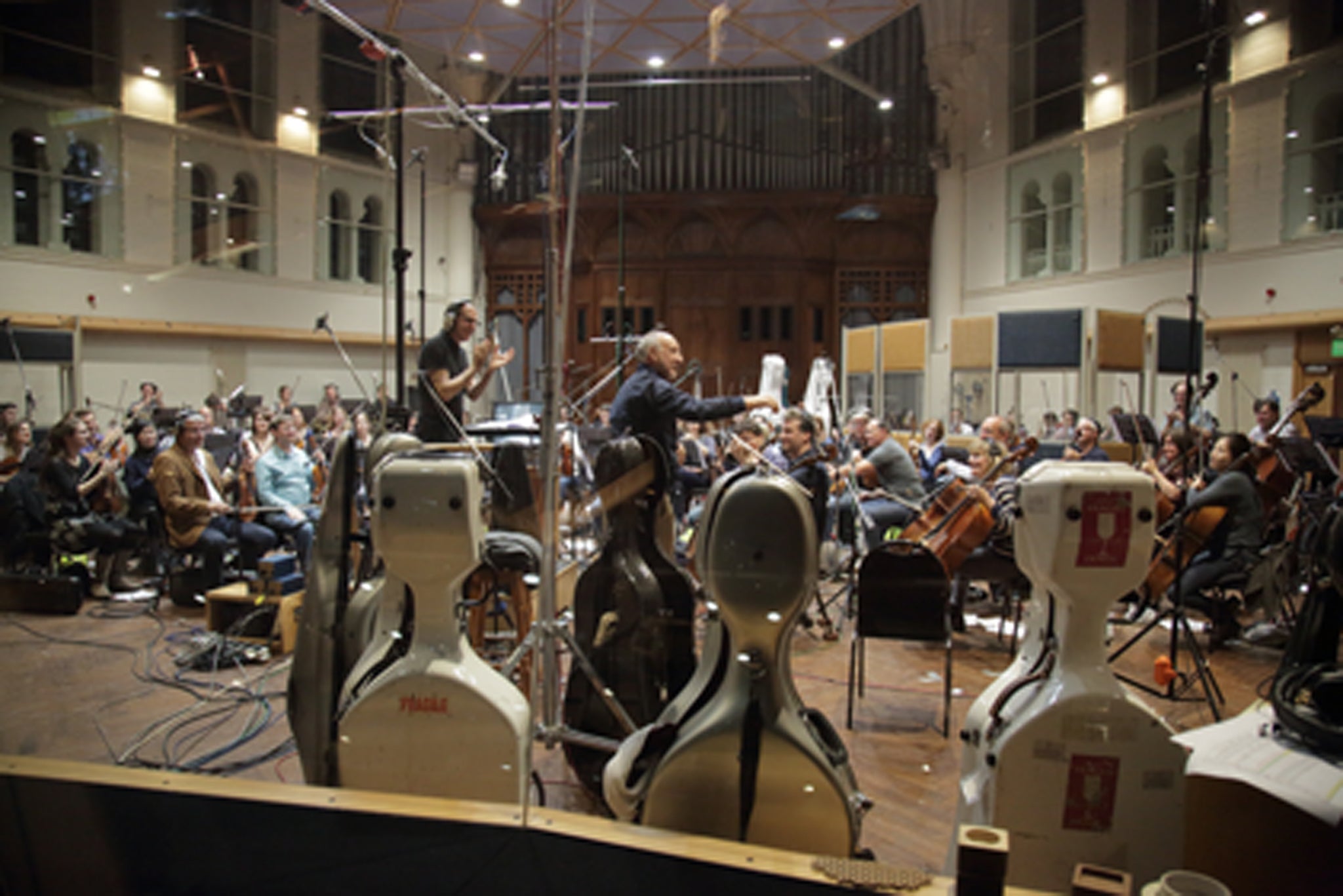The Who’s Pete Townshend is right to condemn the ‘classical elite’
Compilers of the classical charts are snobbish to veto Townshend’s symphonic Quadrophenia


It’s a cry for acceptance. Pop stars love to be seen as classical musicians too. And classical players usually have a secret desire to be part of the pop world. I remember being present when a beaming Paul McCartney premiered his Liverpool Oratorio. "Penny Lane" was a more memorable evocation of the city, but the oratorio flexed different muscles in its composer and spoke to a different audience.
Now it’s the turn of the Who’s Pete Townshend. He has turned the band’s seventies concept album Quadrophenia into a classical work, using the Royal Philharmonic Orchestra, and dropping a heavy hint by calling the new version Classic Quadrophenia. It immediately sold enough copies to go straight to number one in the classical charts. But it isn’t there.
Reviving a debate that I thought had died years if not decades ago, the authorities who decide on chart matters have decreed that because it was originally rock music it is not eligible for inclusion in the classical charts, despite a symphony orchestra, conductor, choir and opera singer Alfie Boe singing the Roger Daltrey part. Mr Townshend is irate, which as many band colleagues and broken guitars can testify, can be a scary proposition. He commented in idiosyncratic style: “So, musical snobbery in the ‘classical’ elite is still alive and kicking then? Fuck ’em. There’s a huge team behind this album, entirely rooted in the practical world of recorded classical music, who deserve better than this petty slap-down. I know I’m a rock dinosaur and Im happy to be one, but the team on Classic Quadrophenia are all young, creative and brilliant.”
Let’s hear it for the rock dinosaurs, because Pete seems to me to be absolutely right. For a start the classical charts’ people are being inconsistent. In 2003 The Queen Symphony with Queen tunes such as "We Will Rock You" reached No. 4 in the classical chart. But it’s not just that, nor the fact that Alfie Boe describes his role as “harder than opera… I wouldn’t separate it from a symphony by Beethoven or Mozart”. It’s more that technically a project using a symphony orchestra and an orchestration for that orchestra must surely be deemed a classical work, even if is based on an original rock concept, which, by the way, classical chart supremos was a rock 'opera'.
And beyond the obvious technical claims, even the classical chart compilers can’t be unaware that classical music needs a new audience, and new projects to bring this new audience to a world of musical riches. Refreshing the classical charts with a rock opera-turned symphonic project is one way to do that.
Pete Townshend will survive the disappointment, but it’s daft that short-sighted bureaucracy is harming efforts to broaden the reach of classical music.
Be careful of turning arts and sport into a battleground
The chairman of Arts Council England, Sir Peter Bazalgette, has hit out at “pathetic” politicians trying to win votes by declaring a love of football while ignoring the arts. It was a popularity-seeking “faux man-or-woman of the people act,” he said. As Sir Peter pointed out in the same speech at the Soho Create festival in London, more people attend arts and cultural events than go to football. He is quite right, of course, about politicians posturing about football and keeping quiet about the arts. When Tony Blair was Prime Minister, he took his family to see King Lear at the National Theatre and asked the theatre not to publicise the fact. I suspect he would have been less coy about attending the Cup Final en famille. But while Sir Peter has right on his side, I’m a little uneasy about him resurrecting the old arts vs sport battle. Let’s not pit the one against the other. We can, and should, be passionate about both the arts and sport.
TV companies should be honest about their cultural output
On the subject of football, before the England team found its mojo again last weekend, ITV had provoked some caustic comments — and some praise — for tweeting from its official site after the boring Ireland vs England match that it was, well, boring. I’m among those praising ITV for commendable honesty. And I would be interested to see it extend its honest tweets beyond sports broadcasts to cultural programmes. “Apologies that Downton Abbey was a bit predictable and formulaic this week”... “So sorry that The X Factor was blatantly manipulative last night.” Broadcasters coming clean on Twitter would keep performers and script writers on their toes.
d.lister@independent.co.uk
twitter.com/davidlister1
Join our commenting forum
Join thought-provoking conversations, follow other Independent readers and see their replies
Comments
Bookmark popover
Removed from bookmarks